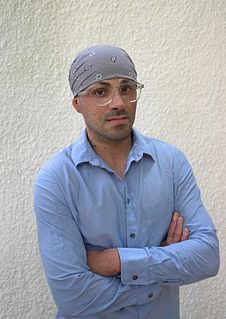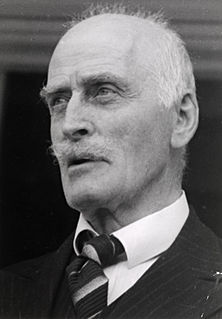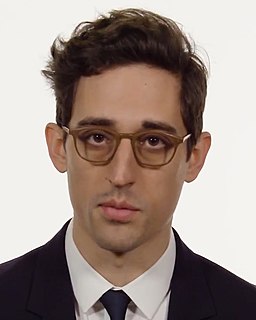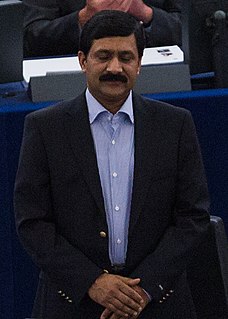A Quote by Elad Lassry
I have too much respect for ballet to dare practice it. I did ask ballerina Megan LeCrone to teach me jetés. She said that was impossible but did observe that I have great feet.
Related Quotes
Alice laughed. 'There's no use trying,' she said. 'One can't believe impossible things.' I daresay you haven't had much practice,' said the Queen. 'When I was your age, I always did it for half-an-hour a day. Why, sometimes I've believed as many as six impossible things before breakfast. There goes the shawl again!
My mom didn't teach me about Marco Polo. She didn't teach me about Napoleon. She didn't teach me about any of that. But she did teach me how to survive and to be a good person. And you need to be a strong woman to do that. She's the biggest person in my life. She's my Virgin Maria. That's why I love religion so much.
[Short Talk on Sylvia Plath] Did you see her mother on television? She said plain, burned things. She said I thought it an excellent poem but it hurt me. She did not say jungle fear. She did not say jungle hatred wild jungle weeping chop it back chop it. She said self-government she said end of the road. She did not say humming in the middle of the air what you came for chop.
The doctor's wife wasn't a bad woman. She was sufficiently convinced of her own importance to believe that God actually did watch everything she did and listen to everything she said, and she was too taken up with rooting out the pride she was prone to feeling in her own holiness to notice any other failings she might have had. She was a do-gooder, which means that all the ill she did, she did without realizing it.
The other one he loved like a slave, like a madman and like a beggar. Why? Ask the dust on the road and the falling leaves, ask the mysterious God of life; for no one knows such things. She gave him nothing, no nothing did she give him and yet he thanked her. She said: Give me your peace and your reason! And he was only sorry she did not ask for his life.
The world is wrong. You can't put the past behind you. It's buried in you; it's turned your flesh into its own cupboard. Not everything remembered is useful but it all comes from the world to be stored in you. Who did what to whom on which day? Who said that? She said what? What did he just do? Did she really say that? He said what? What did she do? Did I hear what I think I heard? Did that just come out of my mouth, his mouth, your mouth? Do you remember when you sighed?
People said things they didn't mean all the time. Everybody else in the world seemed able to factor it in. But not Lena. Why did she believe the things people said? Why did she cling to them so literally? Why did she think she knew people when she clearly didn't? Why did she imagine that the world didn't change, when it did? Maybe she didn't change. She believed what people said and she stayed the same." (Lena, 211)
And my daughter said, 'Why are you yelling at us?' and I said, 'I'm trying to discipline you!' And then she looked up at me with her tear-stained eyes and said, 'This is how you teach children, by making them cry.' And it was such a clenching reminder - she won not only the argument, but she won life with that statement. I just burst out laughing, and I think they were so surprised that I burst out laughing, that they did too.
I asked a girl who came from America to England, when I was only English, and she admitted she had been to a drama school. And I said, "What did they teach you?" And she said, "They taught me to be a candle burning in an empty room." I'm happy to say she was laughing while she said it, but she meant it. I've never learned to be a candle burning in an empty room. So I go on the screen, and I say whatever I'm told to say.
I'm very glad my mother didn't let me quit piano lessons at age 10. She said I wasn't old enough or good enough to make that decision, and she was right. I remember at the time I was shocked. I did not like that my mother said those things to me. But when I got a chance to play with Yo-Yo Ma or more recently with Aretha Franklin, I thought, I'm really glad she said what she did.
"She (Minnie Ruth Solomon) was unusual because even though I knew her family was as poor as ours, nothing she said or did seemed touched by that. Or by prejudice. Or by anything the world said or did. It was as if she had something inside her that somehow made all that not count. I fell in love with her some the first time we ever talked, and a little bit more every time after that until I thought I couldn't love her more than I did. And when I felt that way, I asked her to marry me . . . and she said she would."
































